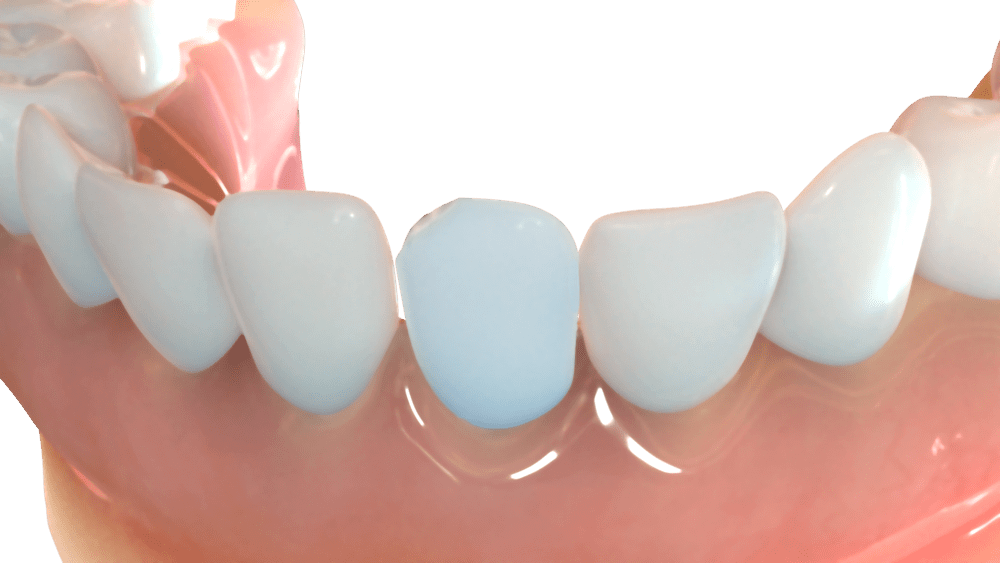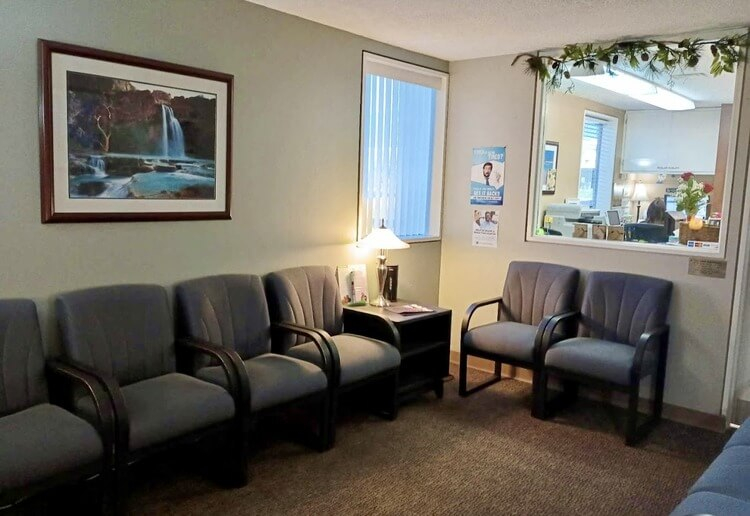It is important to understand that some dental emergencies send you to an emergency room or urgent care facility instead of to your dental office. These include any large swellings of the face, tongue, and neck due to dental infections. Because these infections can spread into areas such as the airway, bloodstream and brain, immediate antibiotic administration via IV is necessary.
Another reason you should go to the ER instead of your dentist is any cut that requires stitches or does not stop bleeding after you apply pressure with a gauze or towel.

During an injury, a tooth may be pushed sideways out of or into its socket. Our dentist will reposition and stabilize your tooth. Root canal treatment is usually needed for permanent teeth that have been dislodged and should be started a few days following the injury.
Children between seven and 12 years old may not need root canal treatment, since teeth are still developing. For those patients, our dentist will monitor the healing carefully and intervene immediately if any unfavorable changes appear.
If a tooth is completely knocked out of your mouth, time is of the essence.
-Handle the tooth very gently
-Avoid touching the root surface itself
-If it is dirty, quickly and gently rinse it in water
-Do not use soap or any other cleaning agent on the tooth
-Never scrape or brush the tooth
If possible, the tooth should be placed back into its socket as soon as possible. The less time the tooth is out of its socket, the better the chance for saving it.
Once the tooth has been put back in its socket, our dentist will evaluate it and check for any other dental or facial injuries. If the tooth has not been placed back into its socket, the dentist will clean it carefully and replace it. A stabilizing splint will be placed for a few weeks. Depending on the stage of root development, our dentist may start root canal treatment a week or two later.
Chipped primary (baby) teeth can be aesthetically restored. Dislodged primary teeth can, in rare cases, be repositioned. However, primary teeth that have been knocked out typically should not be replanted. This is because the replantation of a primary tooth may cause further and lasting damage to the underlying permanent tooth that is growing inside the bone.
Children’s permanent teeth that are not fully developed at the time of an injury need special attention and careful follow-up. Not all of them will need root canal treatment. In an immature permanent tooth, the blood supply to the tooth and the presence of stem cells in the region may enable the dentist to stimulate continued root growth.
Resorption occurs when your body, through its own defense mechanisms, begins to reject your own tooth in response to the traumatic injury. Following the injury, you should return to our dentist to have the tooth examined or treated at regular intervals to ensure that root resorption is not occurring and that surrounding tissues continue to heal.
With any traumatic dental injury, time is of the essence. Contact our dentist immediately.
For more information on traumatic dental injuries, read our blog on What to Do During a Dental Emergency.

Our team has delivered outstanding dental care in Colorado Springs for over 25 years. We are committed to providing our community with safe, gentle, high-quality dental care.
Should you have any questions or concerns regarding your dental care, we are more than happy to discuss how you can achieve a beautiful and healthy smile.
As a top dentist in Colorado Springs, we have helped hundreds of families achieve their oral health goals and are eager to help you and your family do the same.
Mon – Wed: 7am – 5pm
Thu: 7am – 12pm
Fri – Sun: CLOSED
Colorado Springs Dental © 2025 | All Rights Reserved